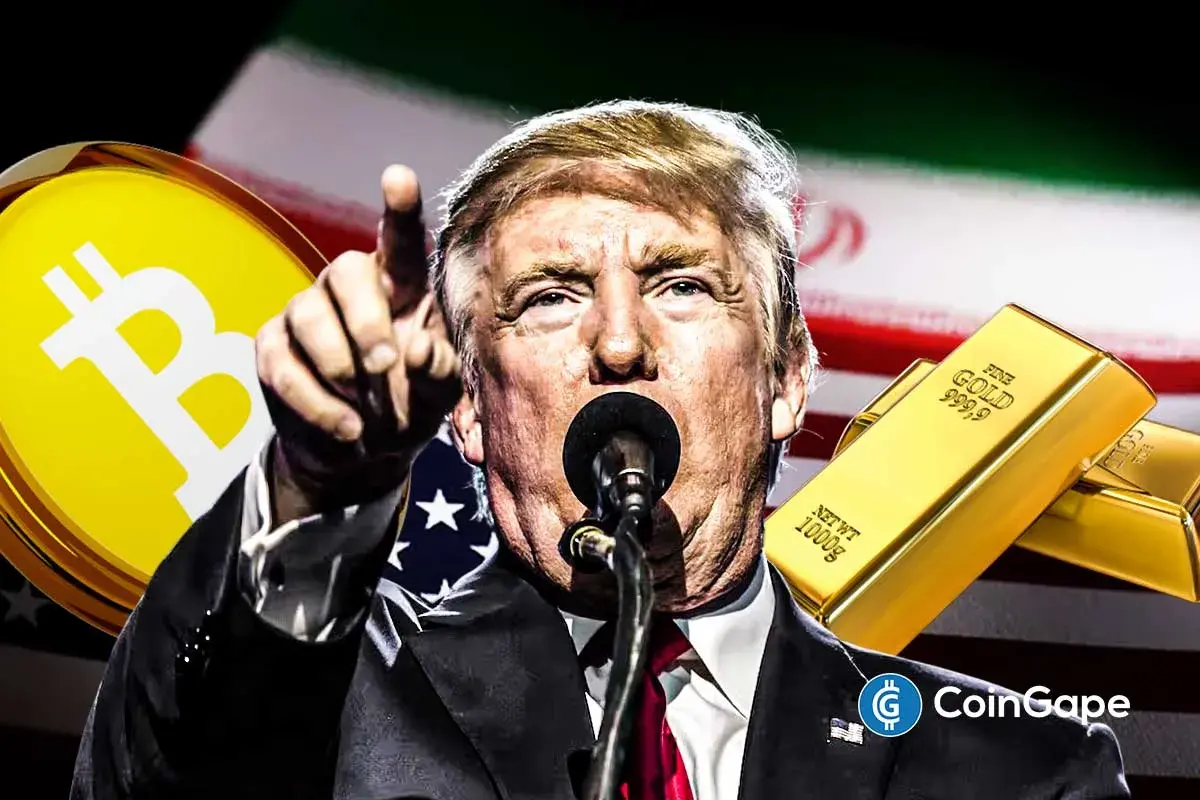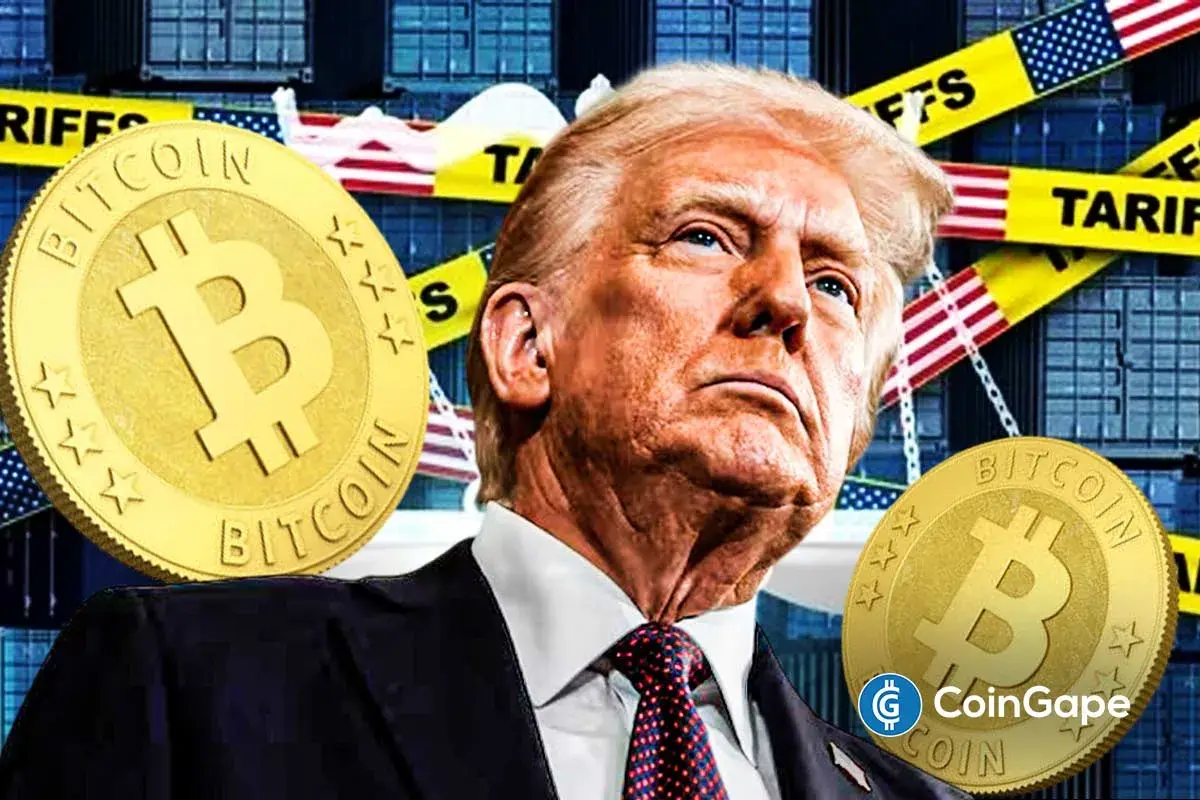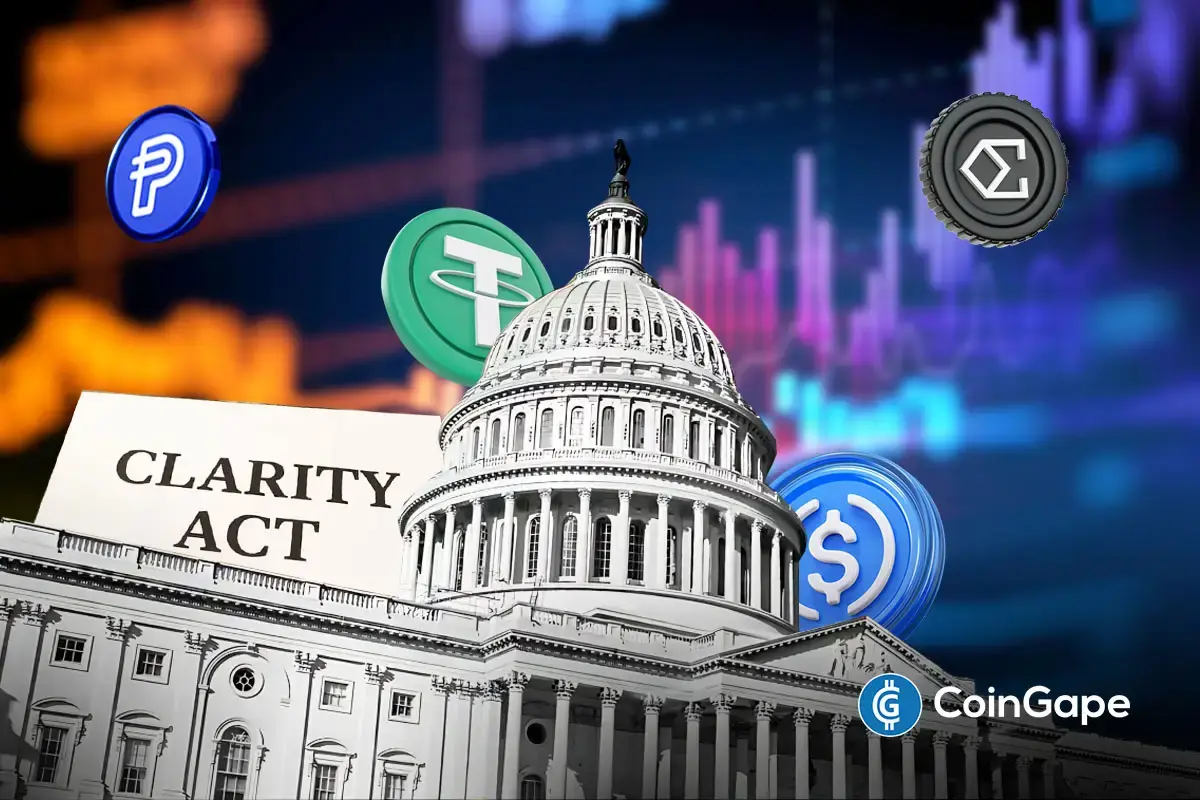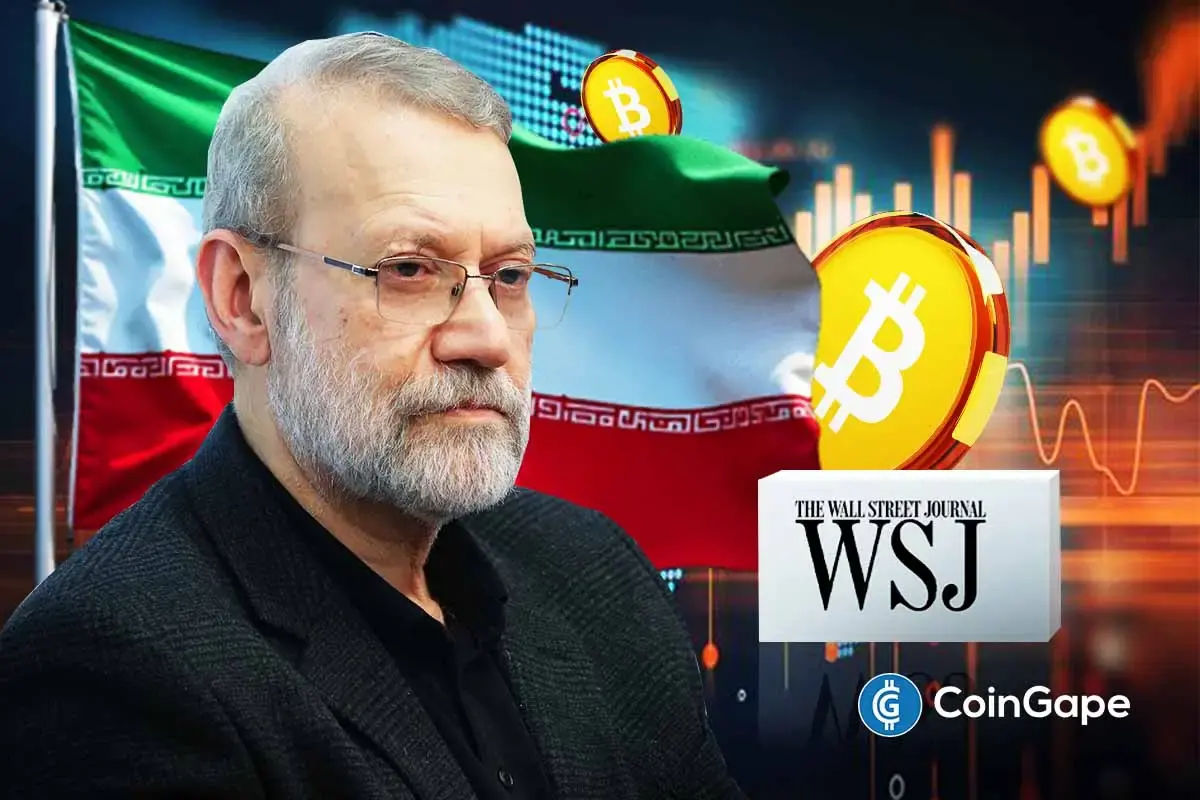Breaking: Brazil May Push BRICS Front With India, China to Counter U.S. Tariffs

Highlights
- Brazil rejects Trump talks, seeks BRICS support against harsh U.S. tariff hike.
- Lula criticizes U.S. interference, defends judiciary, and backs independent national strategy.
- Brazil to focus on internal reforms, mineral sovereignty, and BRICS trade unity.
Th Brazilian President Luiz Inacio Lula da Silva has announced plans to reach out to India and China for a joint BRICS response to rising U.S. tariffs. He said direct talks with President Donald Trump are not on the table, calling such a move humiliating and unnecessary.
Lula Urges BRICS Unity as U.S. Tariffs Strain Brazil-U.S. Trade Relations
While speaking in a Reuters interview, Lula said he believes Trump is not open to dialogue about the U.S. tariffs. Hence, Brazil should not lower itself to beg for fair treatment. He stated that any contact will only happen if his instincts tell him Trump is ready for real conversation.
His comments follow the United States’ decision to impose an additional 25% tariff on Indian goods, escalating trade tensions between the two countries. Despite this, Lula said Brazil will not impose immediate retaliatory tariffs.
Instead, his government will introduce internal economic measures to soften the impact of the tariffs. Lula revealed he plans to speak with Indian Prime Minister Narendra Modi and Chinese President Xi Jinping about a coordinated BRICS strategy to counter the U.S. tariffs.
The Brazilian President believes a collective response against the U.S. tariffs from emerging economies could be more effective than acting alone. He criticized Trump for linking the new tariffs to pressure on Brazil’s Supreme Court to stop the prosecution of former President Jair Bolsonaro.
Lula called Bolsonaro a traitor for encouraging foreign influence over Brazil’s judiciary and said the courts will remain independent regardless of external pressure. He also accused the U.S. of attempting to dictate terms to a sovereign nation.
The Brazilian President recalled past interference during Brazil’s 1964 military coup and said the current move from Washington is a continuation of that mindset. He also hinted at creating a new national strategy for Brazil’s mineral resources, treating them as a matter of national sovereignty.
This would shift Brazil away from exporting low-value raw materials toward greater domestic industrialization. The U.S. tariffs have led to decline in Bitcoin price at different times. So, this response could negatively impact the coin’s price again if it escalates into a full-blown trade war.
Play 10,000+ Casino Games at BC Game with Ease
- Instant Deposits And Withdrawals
- Crypto Casino And Sports Betting
- Exclusive Bonuses And Rewards

- Bitcoin Price Still Risks Decline If Iran War Mirrors Ukraine War Market Reaction, JPMorgan Warns
- Bitget Unveils Upgrade For Stock, Gold Trading Alongside Crypto As Part Of Universal Exchange Push
- ChangeNOW Is Settling Crypto Swaps in Under a Minute.
- $3B Western Union Expands Into Crypto With USDPT Stablecoin Launch on Solana
- XRP News: Key Ripple Whale Indicator Turns Bullish After Months, Price Rally Ahead?
- Pi Network Price As BTC Rallies Above $74K: Can PI Coin Extend Gains to $0.30?
- XRP Price As Bitcoin Reclaims $74K- Is $5 Next?
- Dogecoin Price Outlook as BTC Recovers Above $73,000
- XRP Price Prediction as Iran-U.S. Peace Talks Trigger a Crypto Rally
- COIN Stock Analysis as Bitcoin Retests $72k Ahead of February NFP Data
- Robinhood Stock Price Prediction As Cathie Wood Buys $12M Dip in Bold ARK Move


 Buy $GGs
Buy $GGs















